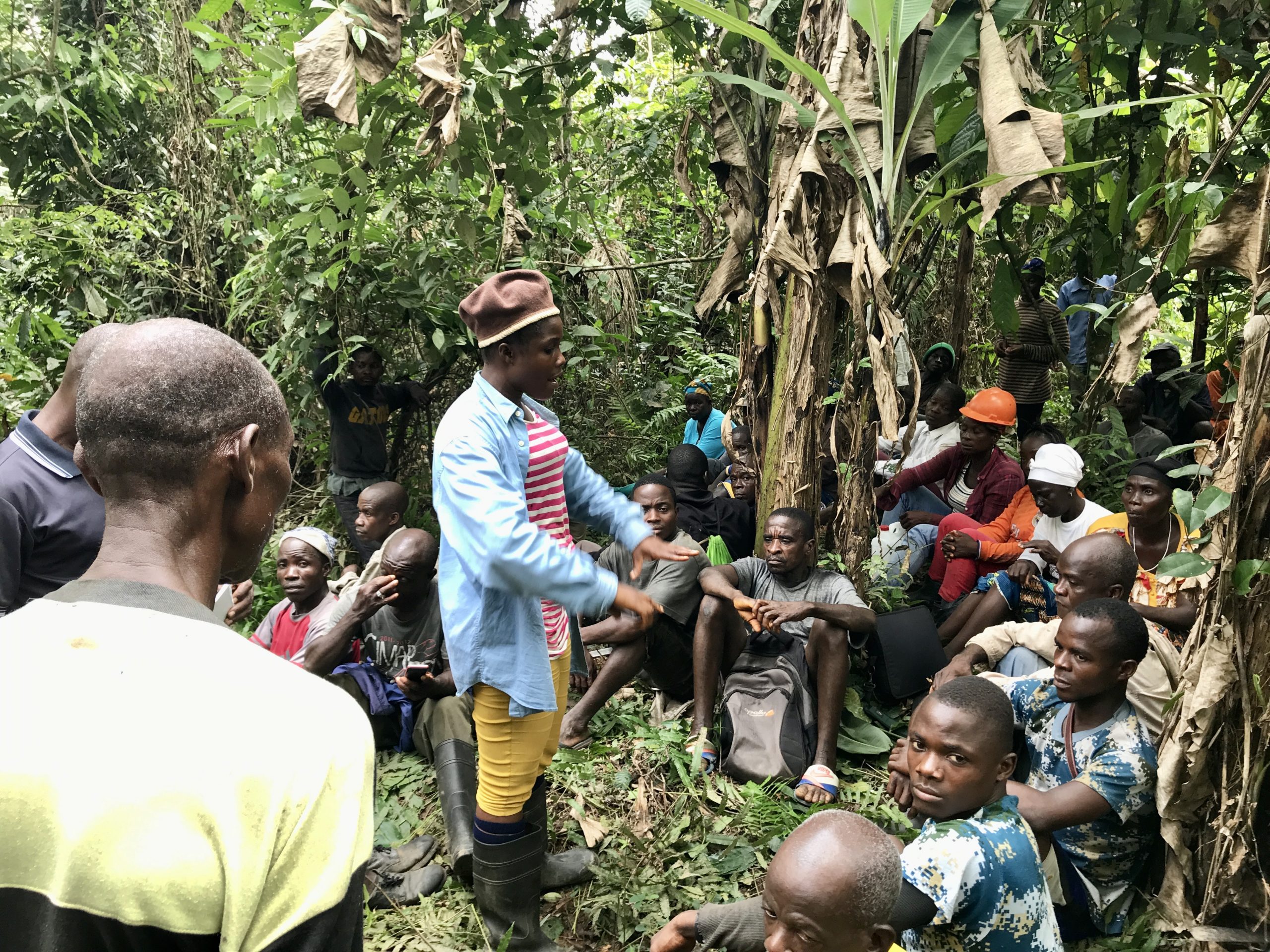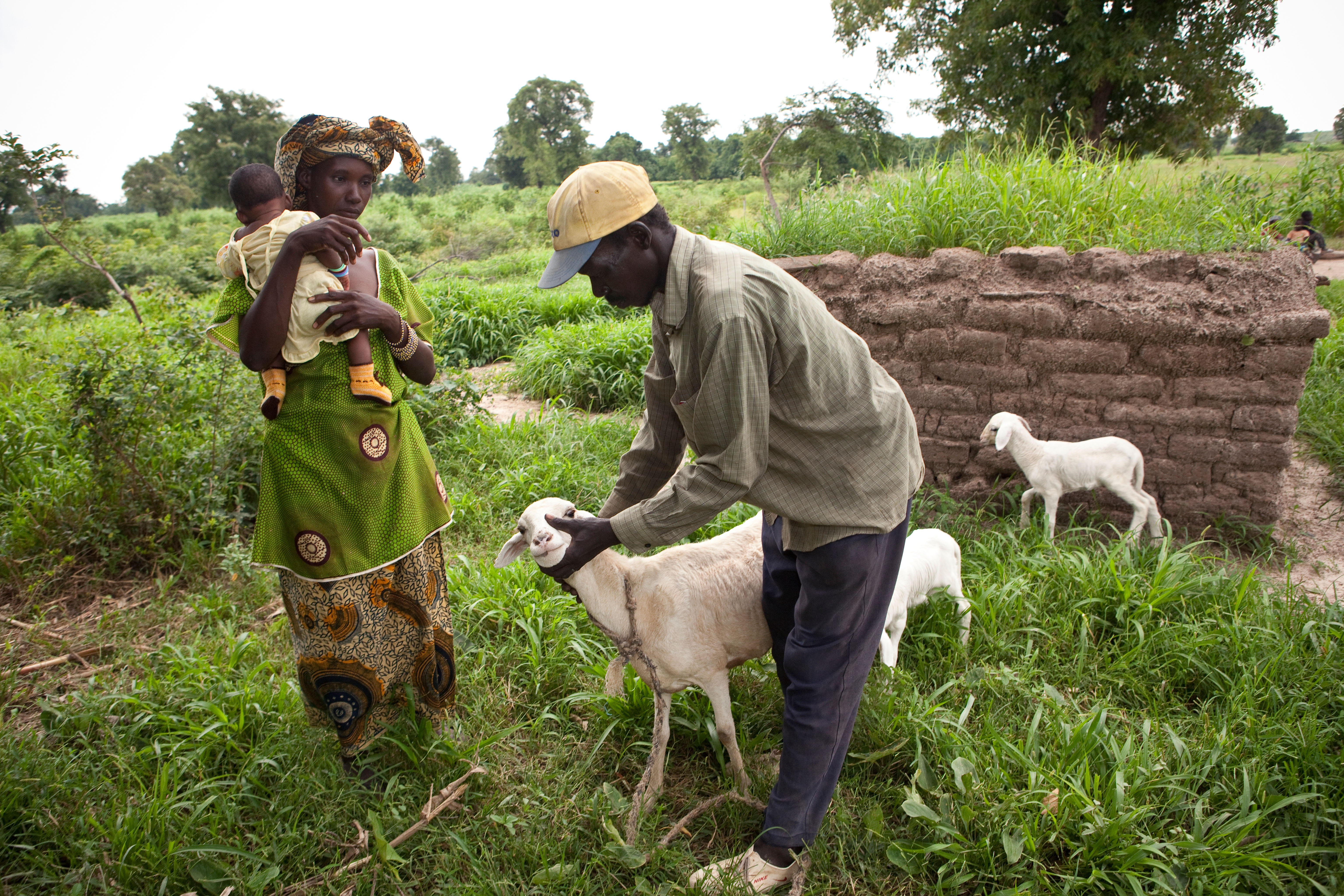2020-07-28
Despite being one of the lowest emitting continents, Africa’s populations find themselves on the frontline in the battle to mitigate and adapt to climate change, with initiatives like the Green Climate Fund (GCF), the largest dedicated multilateral fund of its type in the world, leading efforts to provide some of the massive investment needed to support governments and vulnerable communities.
On Tuesday, July 21 Civil Society Organisations (CSOs) representatives and experts from around the continent gathered digitally for a webinar aimed at helping grassroots organisations better understand and leverage funding opportunities presented by the GCF, which has disbursed nearly $5 billion to developing countries since 2014, with billions more in the pipeline.
The funding is key to helping countries meet their Nationally Determined Contributions (NDCs), climate targets originally set by states under the 2015 UNFCCC Paris Climate Agreement – but success will also depend heavily on effective collaboration between major international donors, national governments, implementing partners and the marginalised populations who endure the worst impact of a warming planet, with CSOs and groups representing Indigenous and Local Community groups connecting these different groups.

Hosted by the Kenya-based think-tank, Power Shift Africa, with support from the Tenure Facility, the session presented the links between secure land tenure and successful mitigation and adaptation to the challenges of climate change. Over 30 civil society representatives attended the online event sharing knowledge and discussing how CSOs can best play a role in shaping African solutions to climate change, giving a voice to communities whilst championing bottom-up solutions.
The financial muscle of the GCF, which focuses on supporting initiatives in developing countries, offers a chance to improve climate outcomes by empowering communities, according to Power Shift Africa’s founder and webinar Chair, Mohamed Adow. He noted that while Africa has already received funding to the tune of $2.1 billion from the GCF’s total disbursement of $4.95 billion, it is still only receiving a fraction of the projected investment needed to tackle climate change, and that much of the money flowing into the continent from other sources is in the form of loans, pushing already impoverished countries further into debt. “Let’s support our countries to make the case for the international support they require,” Adow urged.
“It is those who live on and manage the land who will have the most important work to do. We’re already demonstrating through our projects what can be achieved working directly with Indigenous Peoples, local communities and their partners. We want to show that in the future the capacity is there for these actors to receive financing directly from funds like the GCF,” according to Nonette Royo, The Tenure Facility’s Executive Director.
The session also highlighted the Tenure Facility’s work is in promoting community-level projects which strengthen the land management rights and capacities of indigenous and local communities, whose deep relationship with their territory makes them the most effective guardians of our shared natural heritage.
"It is those who live on and manage the land who will have the most important work to do. We’re already demonstrating through our projects what can be achieved working directly with Indigenous Peoples, local communities and their partners. We want to show that in the future the capacity is there for these actors to receive financing directly from funds like the GCF"
The GCF offers exciting opportunities for Indigenous Peoples, with robust policies which commit to the respect of indigenous rights, participation, consent and the leverage of indigenous knowledge – values which also underpin the work of the Tenure Facility -according to Kimaren Ole Riamit, an indigenous leader and founder of the Indigenous Livelihoods Enhancement Partners (ILEPA) in Kenya.
“The (GCF’s) policy really respects the rights for Indigenous Peoples to manage, own and use their lands, so this is really positive… We must engage with the GCF, because it is poised to be the major driver of global (climate) investment in the south… If we don’t it is our loss,” he told participants.
Despite the possibilities, challenges remain for Africans organisations and governments wanting to get the most from the GCF’s support, estimated to be a possible $9.8 billion between now and 2023, according to the Pan-African Climate Justice Alliance (PACJA), a consortium which brings together over 1000 organisations across 48 different countries. Dr. Mithika Mwenda, the Alliance’s Executive Director, warned that building the capacity of the poorest communities to engage with the GCF will be essential to ensuring that it fulfils its mandate to support at a grassroots level. Challenges ranging from poor engagement by governments across the continent to a lack of ownership by African stakeholders threaten progress.

“We need to have conversations that inspire from the bottom up… Unless we solidify at the local level and bring people to speak for themselves, we’re going to lose out again,” Mwenda stated.
Projects funded by the Tenure Facility hope to overcome some of these hurdles, by directly engaging both state and non-state actors, as well as empowering local partners to make their visions and solutions for land tenure and climate issues reality. Calisto Ribeiro, the head of ORAM in Nampula, Mozambique, gave a presentation discussing the innovative solutions being rolled out by his organisation, to strengthen land rights awareness and respond to climate challenges, by working directly with rural communities.
“This project increases the capacity to respond to climate change, improving local knowledge on the risks, and we believe this knowledge means communities are able to engage much better,” Ribeiro noted.
"This project increases the capacity to respond to climate change, improving local knowledge on the risks, and we believe this knowledge means communities are able to engage much better"
Sharing knowledge is at the heart of the Tenure Facility’s work and was a driving motivation for supporting this webinar – hopefully the first of many – allowing Africa’s diverse and dynamic climate and civil society actors to continue to learn from each other.
“Going forward, we need to build the capacity of African civil society to engage with the fund,” said Salina Sanou, the Head of Programmes at PACJA. “And we need to share more experiences between countries, that’s very important.”
Articles